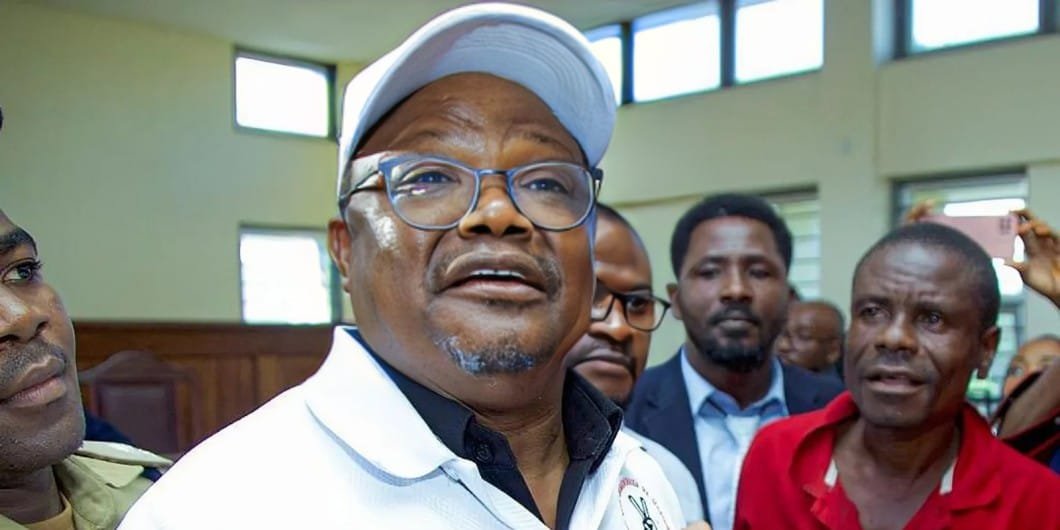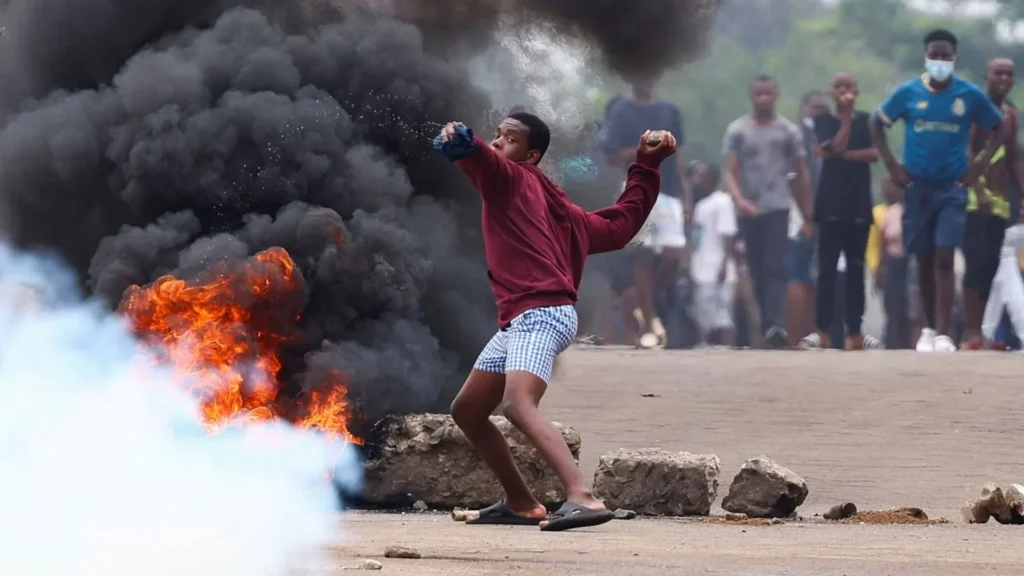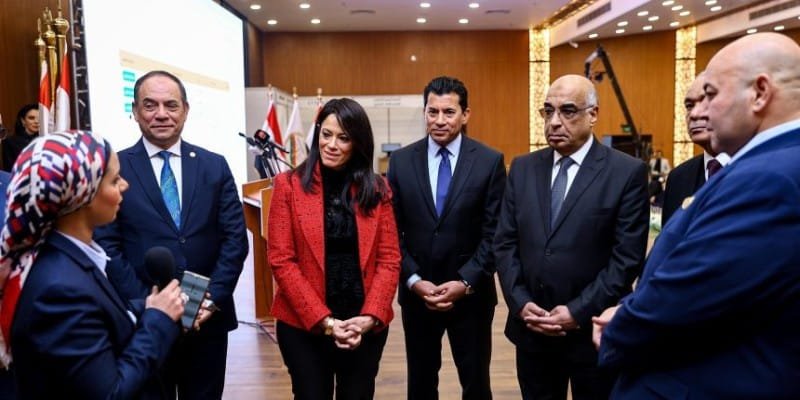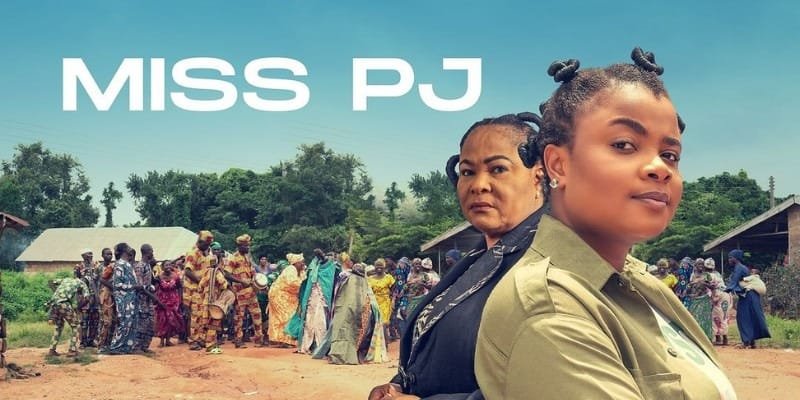Tanzania’s opposition is under siege as Tundu Lissu, the dynamic leader of the Chadema party, faces treason charges that carry the possibility of the death penalty. His case highlights a broader campaign to silence dissent ahead of the October 2025 elections. Arrested on April 9, 2025, Lissu’s ordeal exemplifies a disturbing pattern of arrests, abductions, and killings targeting critics of the ruling Chama Cha Mapinduzi (CCM), which has been in power since 1961.
This article explores the rationale behind the treason charges against opposition leaders, offering a detailed timeline of Lissu’s case and the political context behind Tanzania’s democratic regression, based on verified reports.
Lissu, a lawyer and former presidential candidate, has long advocated for electoral reforms, rallying under the slogan “No Reforms, No Election.” His bold stance has made him a primary target of a government increasingly intolerant of opposition, despite early reform promises from President Samia Suluhu Hassan.
The treason charges—alongside Chadema’s disqualification from the 2025 elections—reflect a strategic effort to neutralise political rivals, raising serious concerns about Tanzania’s democratic future.
What is Tundu Lissu’s crime?
Lissu’s political career is defined by resilience and confrontation. Elected as Member of Parliament for Singida East in 2010, he exposed high-level corruption, making powerful enemies within the CCM. In 2017, he survived an assassination attempt—shot 16 times outside his Dodoma home—an attack he blames on political opponents.
After years in exile, he returned in 2023 following President Hassan’s easing of political bans, only to face renewed repression. As leader of Chadema, he has pushed for an independent electoral commission and constitutional reforms, stances that have provoked the state, according to Reuters.
The treason case originates from a speech Lissu gave on April 3, 2025, in Dar es Salaam, where he allegedly declared, “It is true we say we will prevent the election. We will inspire rebellion,” as stated in the charge sheet. Authorities interpreted this as incitement to overthrow the government. He was arrested on April 9 in Mbinga, Ruvuma Region, following a rally. Police used tear gas to disperse supporters, and Lissu was transported overnight, over 1,000 kilometres—to Dar es Salaam, raising concerns about his treatment, according to Amnesty International. On April 10, he was charged with treason and three counts of publishing false information under the Cyber Crimes Act. While he pleaded not guilty to the latter, he was barred from entering a plea for treason, a non-bailable offence.
Why should we be worried?
Lissu’s case is not an isolated incident. It forms part of a systematic crackdown on opposition figures. In September 2024, Chadema official Ali Kibao was abducted and killed—an incident Human Rights Watch linked to state-backed operatives. During the November 2024 local elections, thousands of Chadema candidates were disqualified, paving the way for a CCM landslide amid widespread allegations of fraud.
On April 12, 2025, the Independent National Elections Commission disqualified Chadema from participating in the 2025 elections, citing the party’s refusal to sign an electoral code of conduct—a decision Chadema called unconstitutional.
Other top opposition leaders, including Chadema Vice-Chair John Heche and Secretary-General John Mnyika, were arrested on April 24, 2025, while on their way to a protest rally, as reported by The Guardian. Amnesty International also documented four forced disappearances and one unlawful killing of government critics in 2024, in addition to mass arrests and violent suppression of opposition events.
In March 2025, the Tanzania Communications Regulatory Authority suspended several critical media outlets, intensifying the clampdown on dissent. These coordinated actions suggest that treason charges are being weaponised as a tool to eliminate opposition voices.
Here’s their game plan
The treason cases appear to be politically motivated, driven by the ruling party’s desire to retain its six-decade grip on power. Lissu’s demand for electoral reforms threatens the CCM’s control over a system critics say is rigged through a biased electoral commission and restrictive legal framework.
Political analyst Aikande Kwayu told Reuters that while Lissu’s hardline position has energised his base, it risks alienating moderates. However, the government’s decision to charge him with treason shows a clear unwillingness to engage in democratic dialogue.
President Hassan, who initially rolled back some of her predecessor John Magufuli’s authoritarian policies, is now under pressure to secure her re-election. Her administration denies orchestrating repression and points to ongoing investigations into incidents like abductions. Still, the international community remains sceptical. Amnesty International and the Human Rights Foundation have both condemned Lissu’s arrest as politically motivated. On April 15, 2025, the U.S. and EU issued statements urging the Tanzanian government to uphold democratic principles.
Public outrage has also spread across social media. Posts on X (formerly Twitter), including those by journalists like @samirasawlani, describe Lissu’s case as part of a broader crackdown. Chadema’s disqualification and the use of treason charges are seen by many as preemptive moves to ensure a CCM victory in the upcoming elections.
What lies ahead
Tanzania stands at a dangerous crossroads. Lissu’s next court appearance, rescheduled to April 28, 2025, after he rejected a virtual hearing, is expected to further inflame tensions. His legal team—led by Rugemeleza Nshala and joined by international human rights lawyer Robert Amsterdam—has framed the case as a defining battle for Tanzanian democracy.
Chadema has called for peaceful protests, and Vice-Chair John Heche has echoed this call. However, violent police responses have already injured dozens of supporters. Lissu’s defiant statement, “The treason case is a path to liberation,” continues to resonate among those who see him as a symbol of resistance.
The government’s escalating repression could trigger greater unrest and attract global condemnation. The African Court on Human and Peoples’ Rights has already criticised Tanzania’s treason laws for being non-bailable and open to abuse. Yet these laws remain in effect, reinforcing authoritarian tendencies.
Unless significant reforms are made, Tanzania risks devolving into a de facto one-party state. But growing opposition resolve and mounting international pressure could force a political reckoning. In the coming months, the fate of Tundu Lissu may well serve as the ultimate test of whether Tanzania can still claim to be a democracy.
















